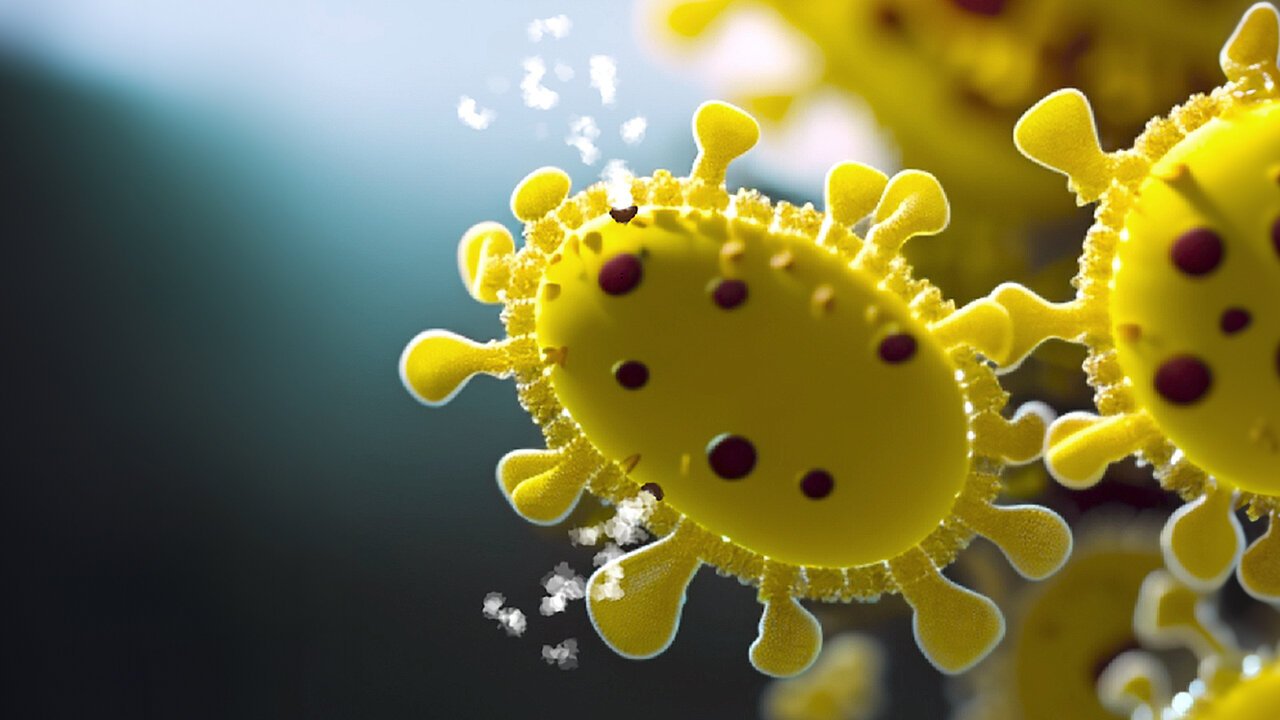In food innovation, the notion of conjuring food out of thin air sounds like something straight out of a science fiction novel. Yet, the idea has transitioned into reality.
Finnish company Solar Foods has developed a proprietary microbe that feeds on carbon dioxide (CO2) and hydrogen to grow a high-protein food ingredient called Solein®. And it has a far-reaching impact on sustainable agriculture, food security, and reduced resources.
And now its got its sights set on sustainable milk production.
Earlier this month, the European Innovation Council (EIC) funded €5.5 million research proposal by a Consortium led by Solar Foods, together with the University of Groningen, RWTH Aachen University and FGen AG (a subsidiary of Switzerland company Ginkgo Bioworks Inc.) on a four-year project called HYDROCOW.
The HYDROCOW project works to engineer a microbe that converts CO2 and hydrogen from water using electricity into beta-lactoglobulin, a major component of milk.
Turning microbes into milk is no easy task
However, hydrogen-utilising microbes are typically not naturally equipped for protein secretion. In nature, they require little protein transport through their cell outer membranes because they do not need to secrete sugar-dissolving enzymes to their environment to sustain growth.
The protein secretion machinery of hydrogen-utilising microbes needs a lot of groundwork, as opposed to the sugar-loving microbes that tend to contain most of the required secretion components naturally.
The HYDROCOW project funding comes from the EIC Pathfinder instrument, which targets the exploration of exceptionally bold ideas for radically new technologies and early-stage research.
Requiring multiple substantial modifications to a single microbe is challenging and may compromise its viability. This is why this project is an excellent fit for the Pathfinder funding instrument specialised in high-risk/high-reward ventures.
According to Dr. Arttu Luukanen, SVP at Solar Foods and the Coordinator of the project:
“HYDROCOW could lead to the creation of truly ground-breaking technology for the food. We are grateful for the EIC funding and the fact they share our vision on this project. We have a highly skilled Consortium and cannot wait to get started.”
The Consortium will work with a Design-Build-Test-Learn cycle, designing a comprehensive metabolic model at RWTH Aachen University. The model- informed designs will be implemented at the University of Groningen by modern genetic modification techniques.
The test phase will then utilise the ultra-high speed screening platform of FGen AG to select the best-performing strains for rapid protein secretion. The selected strains will be validated by Solar Foods in autotrophic growth conditions for protein secretion, followed by downstream processing.
Lead image: Solar Foods.



Would you like to write the first comment?
Login to post comments